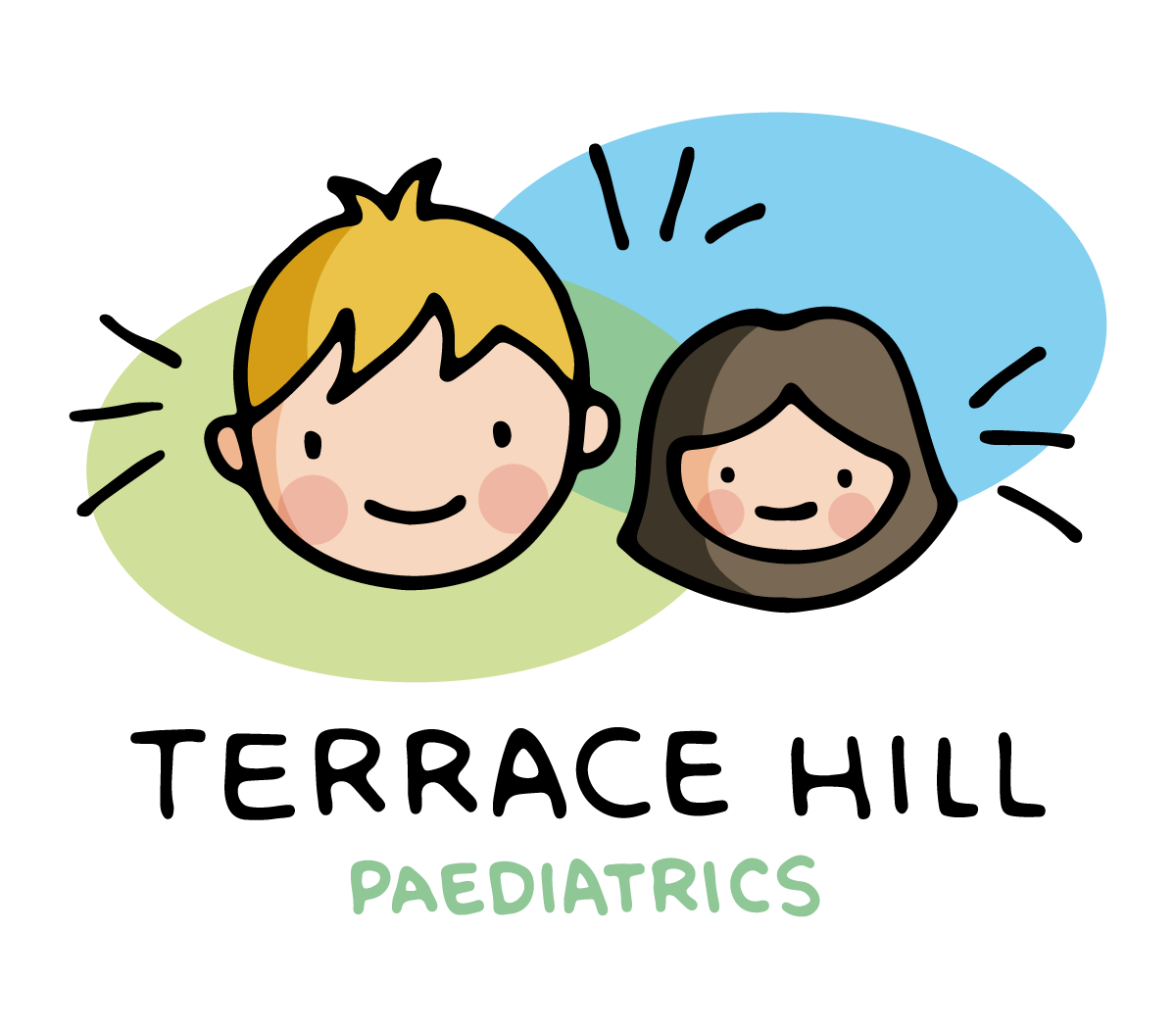ADHD/School-Aged Behaviour Information and Resources
INTRODUCTION
Your child has been referred to our clinic for assessment of ADHD, behavioural and/or learning difficulties at school.
Attention Deficit Hyperactivity Disorder (ADHD) is a condition that makes it unusually difficult for children to concentrate, to pay attention, to sit still, to follow directions, and to control impulsive behavior. While all young children are at times distractible, restless, and oblivious to parents’ and teachers’ instructions, kids with ADHD behave this way much more often than other children their age. Their inability to settle down, focus, and follow through on tasks in age-appropriate ways makes it very hard for them to do what’s expected of them at school. It can also lead to conflict at home and difficulty getting along with peers.
ASSESSMENT PROCCESS
Assessment of ADHD requires information from home and from school. A thorough assessment of your child’s symptoms requires completion of the following forms:
· CADDRA SNAP-IV completed by a parent
· CADDRA SNAP-IV completed by a teacher
· The CADDRA Teacher Assessment form
· A copy of your child’s latest report card
· Any other school documents that you think will provide important information about your child
All these forms together encompass a collaborative care tool that helps the paediatrician to better assess the child and utilize the appointment time more efficiently. There are times when the paediatricians request other questionnaires be completed by the parent/caregiver, such as to screen for anxiety or issues related to development.
Due to the nature of these assessments, the paediatrician will spend 60-75 minutes with you and your child at your first clinic visit. Due to the volume of referrals for ADHD received, the wait for a first assessment can be between 6-9 months.
RESOURCES
While you wait for your initial assessment, we highly recommend looking at the following resources and engaging with community supports in Brant or Haldimand Norfolk County. ADHD and behavioural difficulties are best managed with a combination of behavioural strategies and (if recommended by the paediatrician) medication.
Common strategies to manage ADHD at home, work, and school can be found at
Online Learning Series (Free)
Rolling with ADHD *highly recommended*
Books
Websites
Community Supports
Self-refer by phoning 519-758-8228/ or email: information@contactbrant.net
(Monday–Friday, 8:30am–4:30pm)
Haldimand Norfolk REACH (if you live in Haldimand-Norfolk County)
Self-refer by phoning 519-587-2441 or 1-800-265-8087
Programs we recommend asking about
Triple P Parenting
Strongest Families
Stop Now and Plan (SNAP) if your child struggles with behavioural issues, aggression, and negative behaviours

